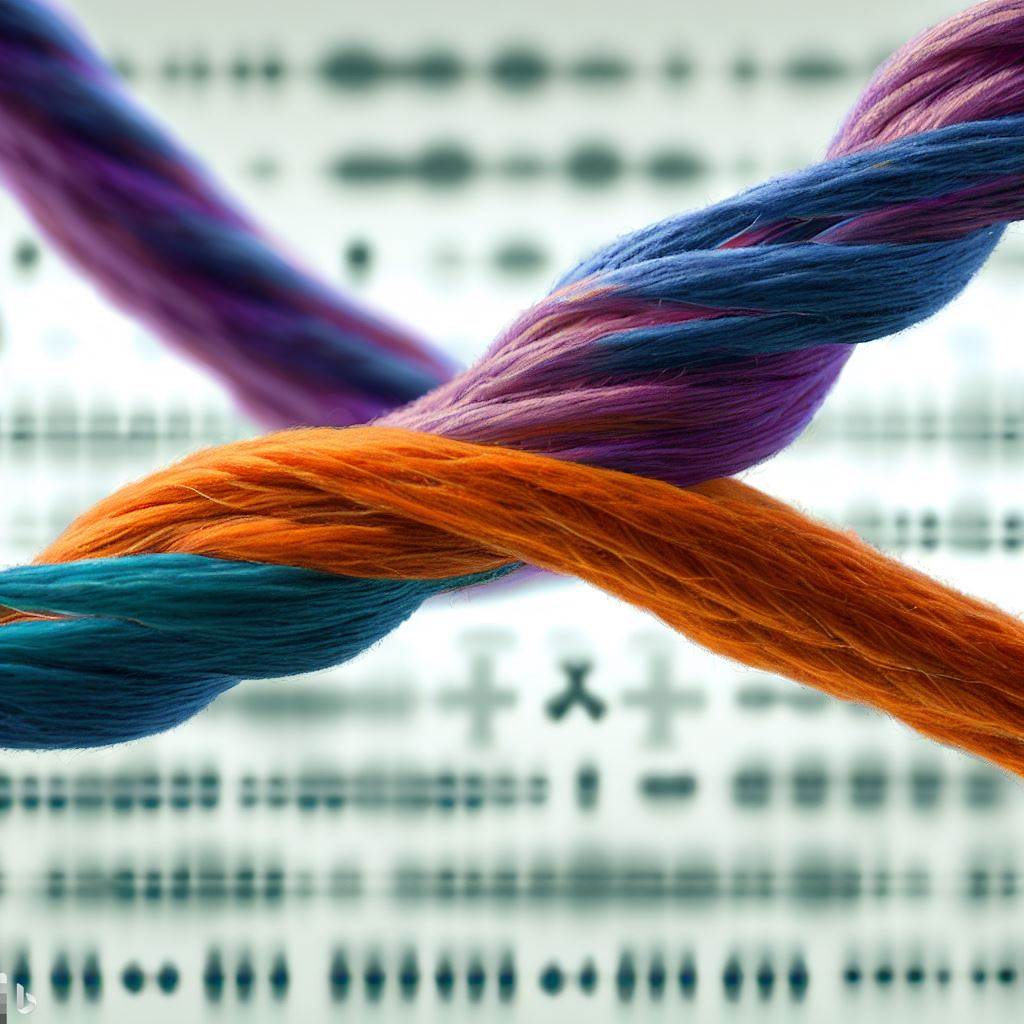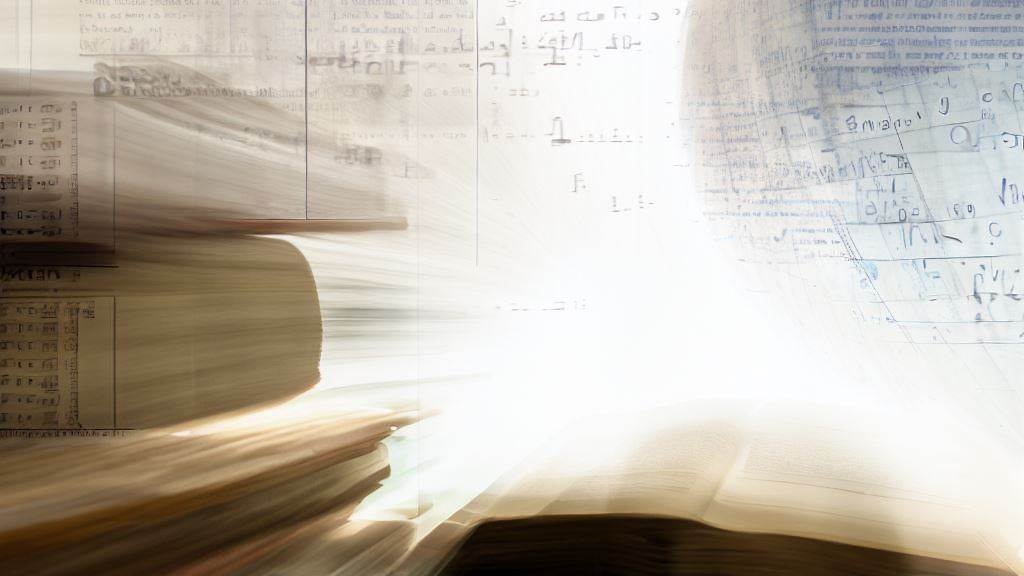
WHAT WE DO
We interweave Critical and Computational Approaches in Research, Teaching and Transfer
Research
Almost every field of human endeavor nowadays requires some form of computer support and algorithmic expertise.
At the same time, the unreflected use of existing techniques and tools can only insufficiently exploit their full potential or, in the worst case, even lead to major damage. Over the years this gap has become a critical brake on innovation. Based on sustainable technological foundations, C3S with its multi- and trans-disciplinary approach is set out to narrow this gap by exploring the interactions between (1) computation of the critical, (2) computational critique, and (3) critique of the computational.
Teaching
The Center for Critical Computational Studies will be an educational hub for the transfer of knowledge between the disciplines. It will be a place to acquire basic and advanced computational skills, as well as insights regarding the benefits and implications of computational methods for science and society. The connection of previously distant academic areas through data and methodology will lead to new research questions, new modes of teaching, and act as an ideal setting to emanate Critical Computational Literacy as a future skill.
The research topic Critical Computational Studies will be embedded into the study programs and teaching profiles at GU, focusing on Critical Computational Literacy.
Teaching in these areas is intended to expand understanding of complex relationships in socio-technical systems, and to provide specific, computational skills and knowledge. During the founding phase, we will establish several modules in cooperation with colleagues affiliated or associated with C3S. Possible topics include (but are not limited to):
-
Interdisciplinary Introduction to Bias, Discrimination, Power & Computing
-
Interdisciplinary Introduction to Computer and Data Science
-
Interdisciplinary Introduction to Research Data Management and FAIR Principles
-
Interdisciplinary Introduction to Modelling of Complex Systems
For the choice of the pioneering modules, we aim for an open and participative procedure, involving students, lecturers, and GU "Fachbereiche", and close communication with our GU "Fachzentren". The newly established modules can, after the initial testing phase, be included in the current curricula of the different GU "Fachbereiche". To reduce strain on teaching resources and to optimally serve interests of the different partners and "Fachbereiche", we will evaluate current needs regarding modules in Critical Computational Literacy, and are open to offers of already existing and suitable modules.
We will further identify appropriate external modules and adapt them into the C3S curriculum, e.g. to cover basic programming skills.
We will investigate current departmental regulations and identify options for their harmonization and standardization, paving the way for joint modules of several "Fachbereiche", or for opening teaching modules at one "Fachbereich" for students from other "Fachbereiche".
Transfer
C3S develops and establishes forms and structures of cooperation between different disciplines, as well as mutual (mulit-directional) interactions between research and teaching as well as between academia and society, politics, and the economy. This opens three fields of action:
- Computation of the Critical as a focus on transformation processes and dynamics of complex systems (science and research, society, politics, and economy)
- Computational Critique as a field of analysis and design (processing digi-gaps etc.) that considers dynamics of power.
- Critique of the Computational as a metaperspective on the transformation of society and research (through the analysis of new (inter-) organizational systems

See what's happening
Also see our Video Archive
Events

Goethe University Frankfurt
Explorative Workshop #2
Candidates for professorships in the fields of "Critical Reflection and/or Governance of Computational Technologies" present their expertise.
Past events of the last 3 months:

Goethe University Frankfurt
Data Literacy in the Humanities
The project Data Literacy Education in the Humanities, together with the Center for Critical Computational Studies, invites to a joint workshop on "Data Literacy in the Humanities".

panel presentations and discussion (hybrid event: HoF Campus Westend Frankfurt & Zoom)
Understanding "Ownership": The impact of AI in Law, Medicine, and Art

Explorative Workshop
As part of our founding strategy and in our first round of recruitment, C3S is seeking as soon as possible to fill the positions of
- Two professorships at the interface between classical network science and graph machine learning
- Two professorships for the modeling of climate change, namely:
one for the modeling of the social and/or socio-economic drivers and impacts of ongoing climate change
one for the modeling of ecosystems and/or biodiversity and their interrelation with ongoing climate change

panel presentations and discussion (in german) (hybrid event: PA-Gebäude Frankfurt a. M. & Zoom)





